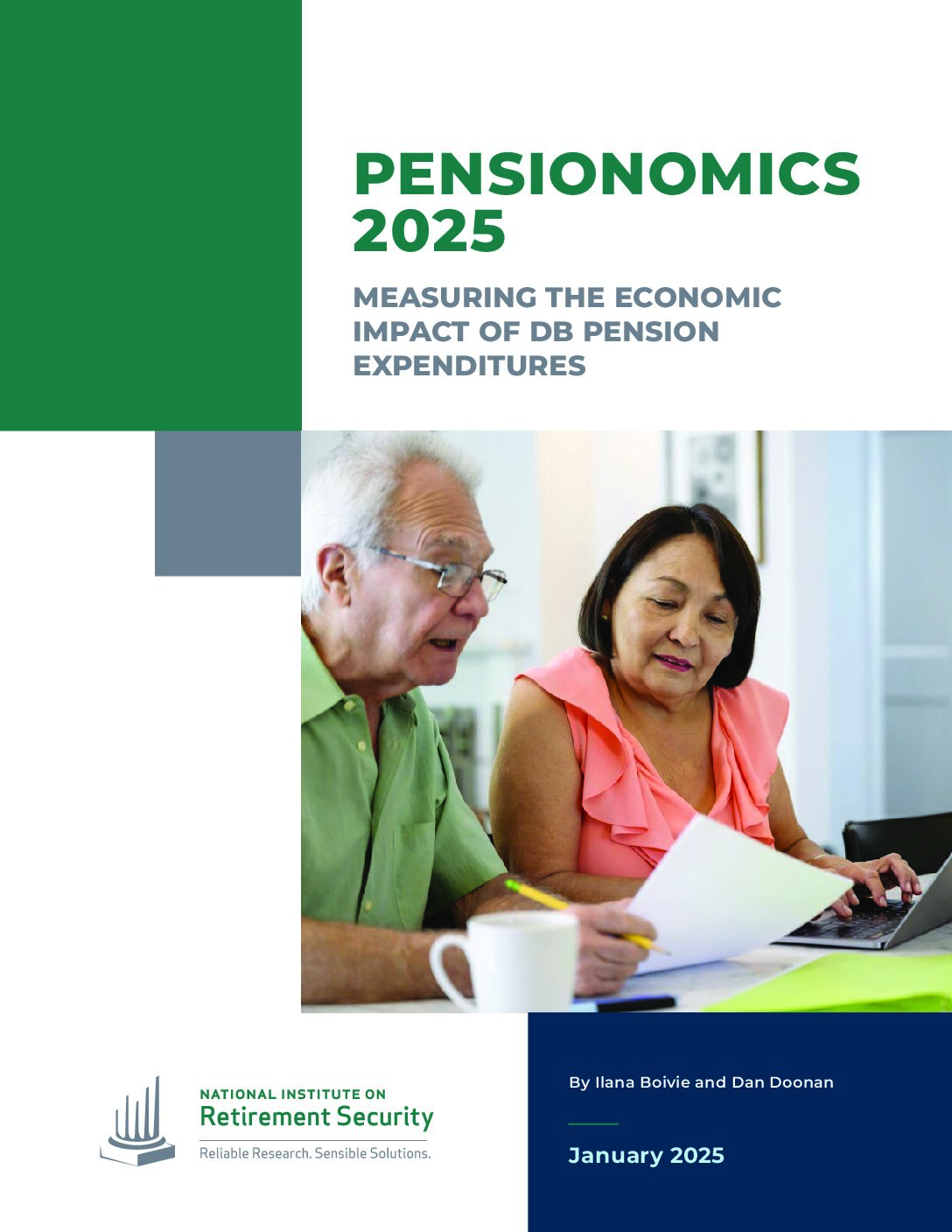The 2023 Latin America report of the Lancet Countdown on health and climate change: the imperative for health-centred climate-resilient development
By Stella M. Hartinger, Yasna K. Palmeiro-Silva, Camila Llerena-Cayo, Luciana Blanco-Villafuerte, Luis E. Escobar, Avriel Diaz, Juliana Helo Sarmiento, Andrés G. Lescano, Oscar Melo, David Rojas-Rueda, Bruno Takahashi, Max Callaghan, Francisco Chesini, Shouro Dasgupta, Carolina Gil Posse, Nelson Gouveia, Aline Martins de Carvalho, Zaray Miranda-Chacón, Nahid Mohajeri, Chrissie Pantoja, Elizabeth J. Z. Robinson, Maria Fernanda Salas, Raquel Santiago, Enzo Sauma, Mauricio Santos-Vega, Daniel Scamman, Milena Sergeeva, Tatiana Souza de Camargo, Cecilia Sorensen, Juan D. Umaña, Marisol Yglesias-González, Maria Walawender,...










